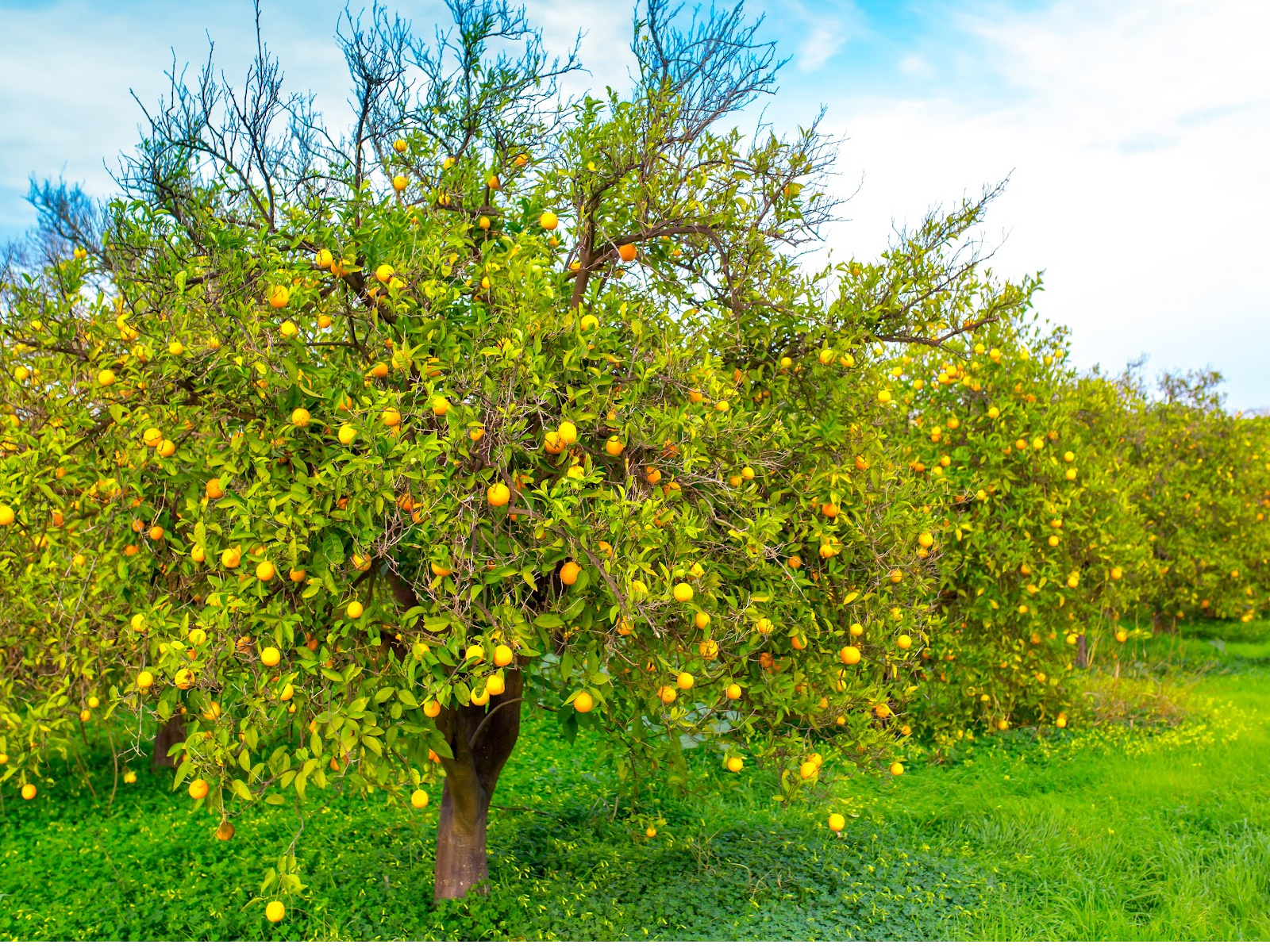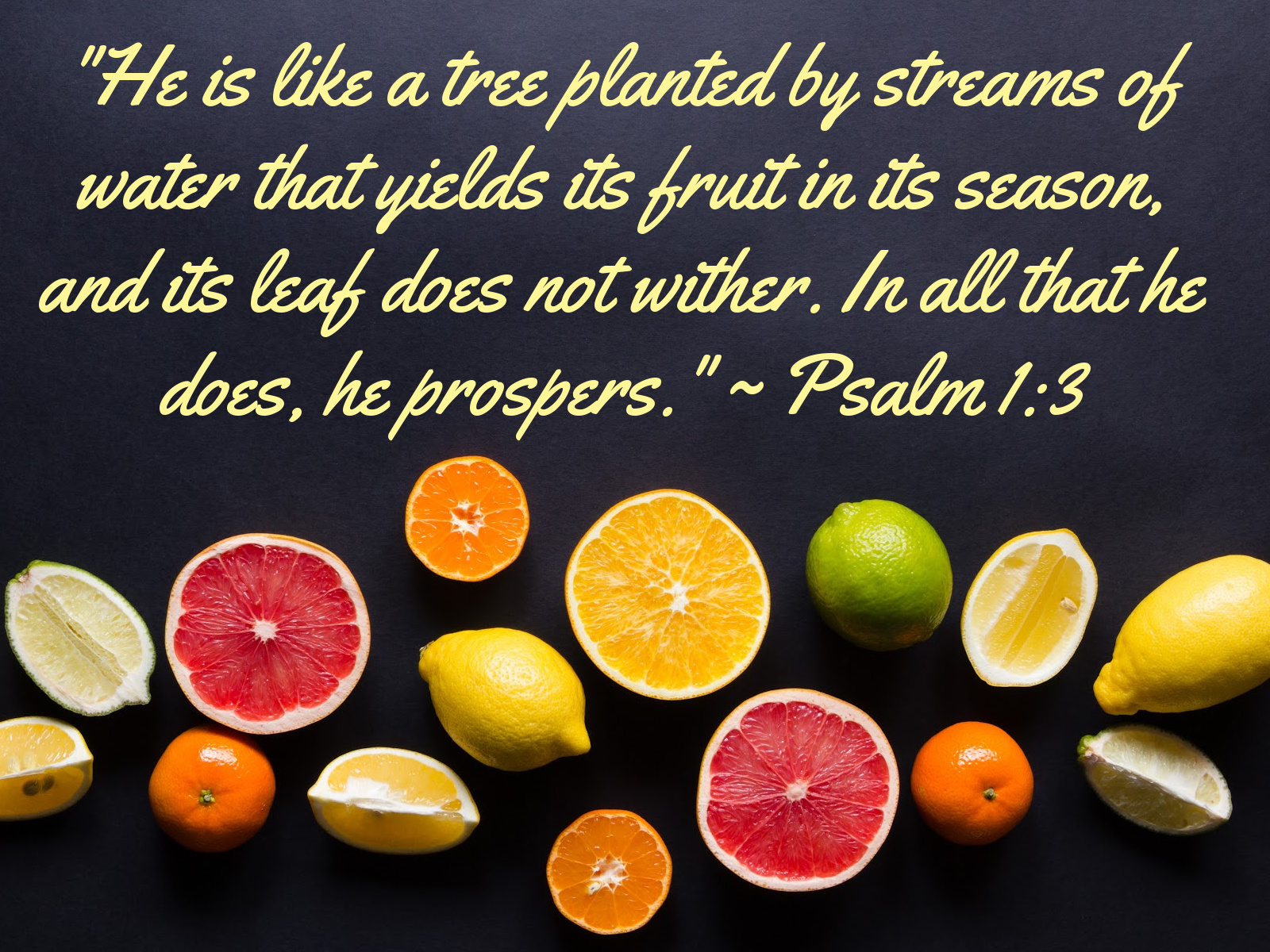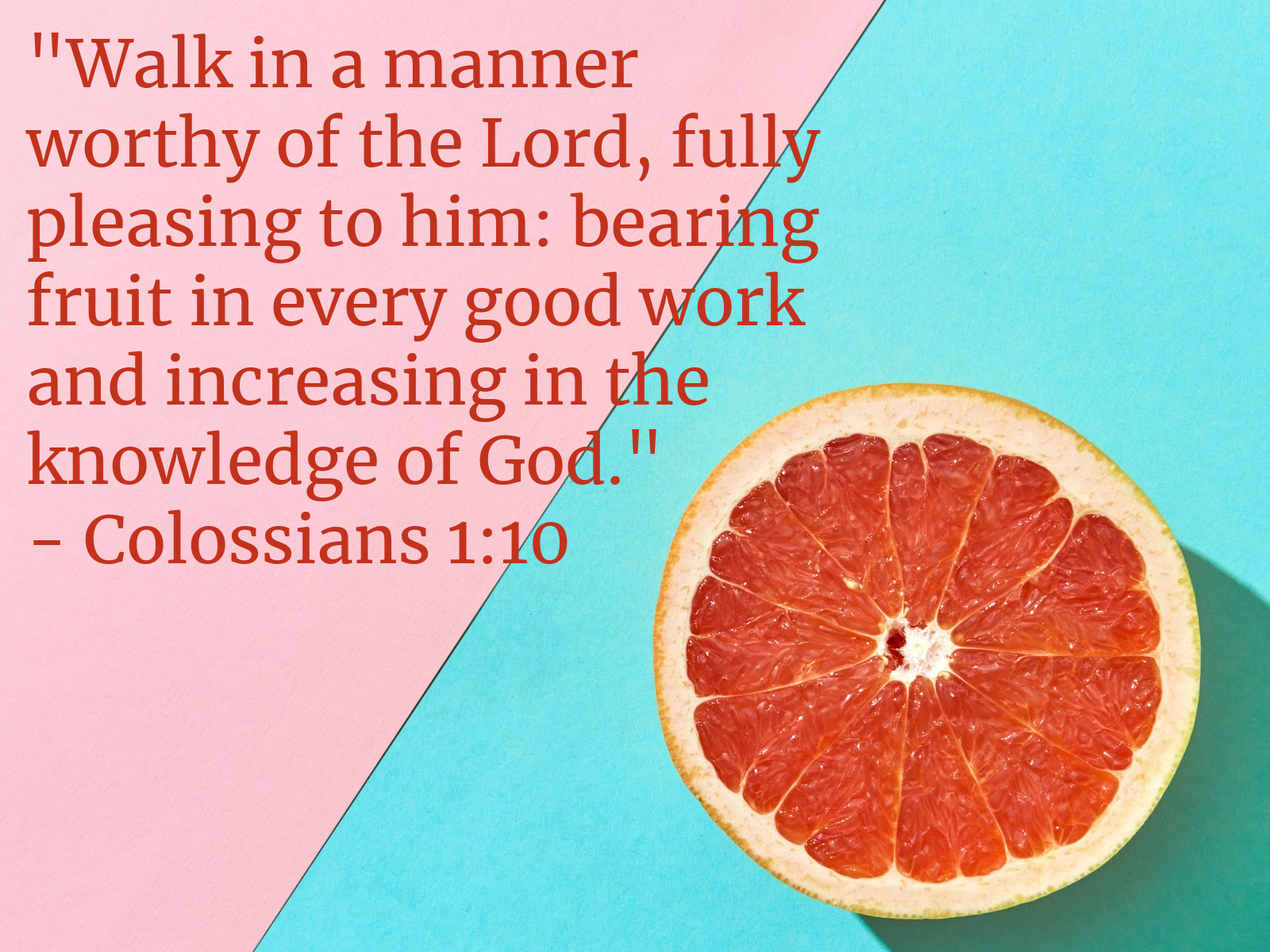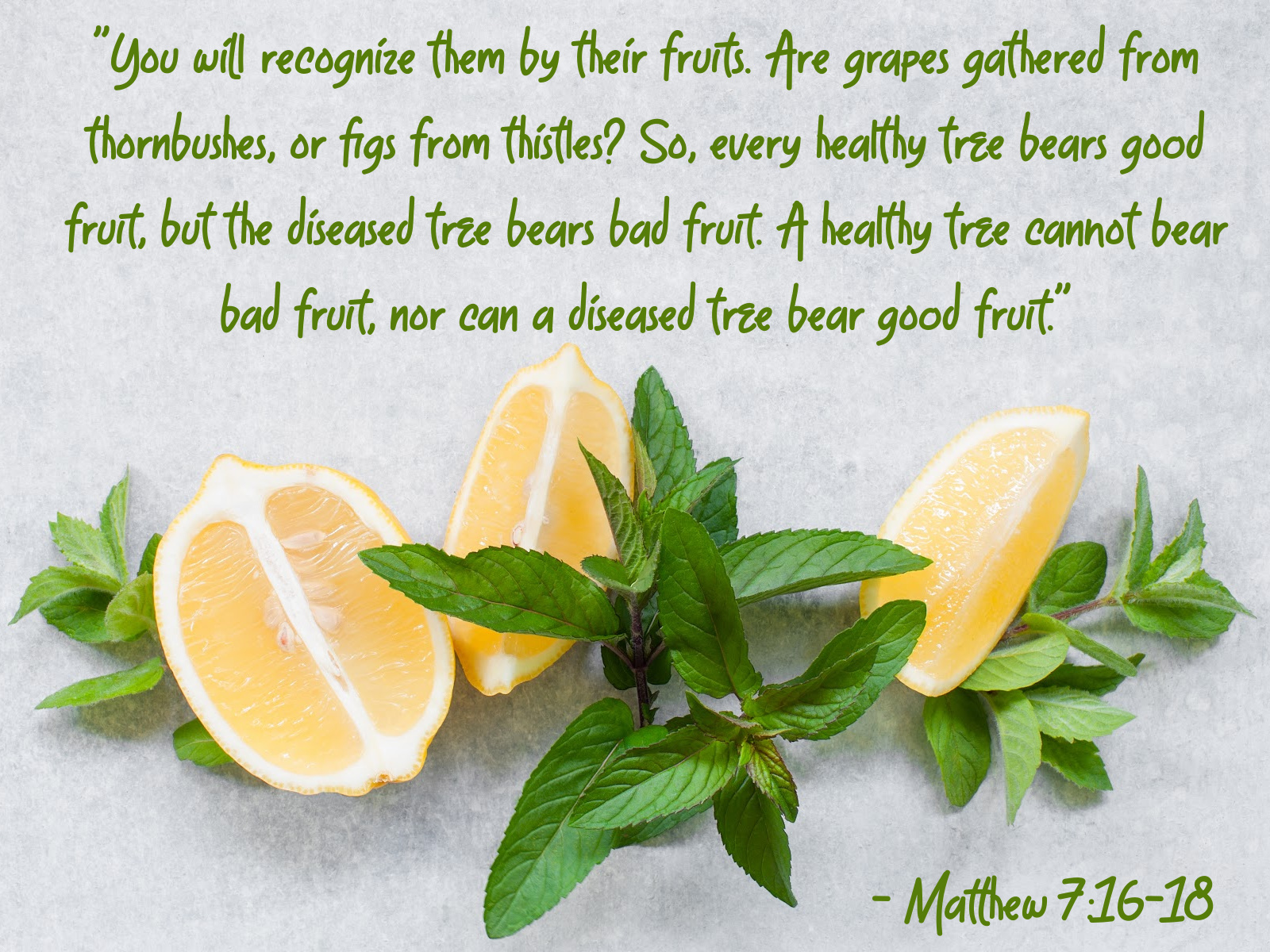Before we begin, I want to acknowledge that it’s been a sad week for our nation. Like many of you, I am heartbroken over the loss of Charlie Kirk in addition to the MANY tragic events that seem to be coming at us from all sides. While this post is not about current events, it felt tone deaf to neglect mentioning the heaviness we are all sensing. In these moments I cling to God’s promise that He will be our refuge and our strength in times of trouble (Psalm 46:1) and that He is working all things for the good of His people (Romans 8:28). He can turn our mourning into dancing (Psalm 30:11), and bring beauty from ashes (Isaiah 61:3).
I’d like you to join me in a little visualization exercise. Imagine, if you will, a vibrant citrus tree. What do you envision? Perhaps your mind composes a grove of orange trees, tidy lines blanketing the rolling hills of sunny Southern California, their aroma filling the air with the region’s iconic perfume. Maybe, like me, you picture a lemon tree like the scraggly one perched in the backyard of my childhood home, limbs dripping with the tangy fruit that made its way into the sticky-sweet lemon bars my mom made for every school bake sale. For you, “citrus tree” may evoke images of a sprawling grapefruit tree, its branches weighed down by heavy golden spheres waiting to be plucked from their boughs and scooped into puckering lips.

Your mental picture of a flourishing citrus tree could take any number of forms, but one thing is almost certain: your vision does NOT involve garish plastic imitations of lemons, limes, and oranges affixed to a living tree’s leafy branches with unsightly duct tape. Because that wouldn’t be a citrus tree, it would be a costume. And an artificial costume has no place in a pristine botanical vision.
It’s absurd to imagine fake fruit taped to a living tree. What would be the purpose? The artificial fruit could provide no nourishment, no fragrance, no promise of future little saplings within its seeds. The fake fruit wouldn’t even look very nice, attached with tacky silver tape to a perfectly decent tree. A real tree demands real fruit.
It’s easy to see the incongruence between a living tree and imitation fruit. But when it comes to our spiritual lives, many of us settle for artificial fruit in lieu of the real thing.
Before we can begin to distinguish real spiritual fruit from the artificial variety, we need a working definition of spiritual fruit. In Galatians 5:22-23, the apostle Paul describes the fruit of the spirit as “love, joy, peace, patience, kindness, goodness, faithfulness, gentleness, and self control.” These are not simply good attributes to have, they are qualities that reflect the character of God and are cultivated in us as part of God’s work of restoring all of creation.

Scripture is hardly silent on the subject of what we must do to cultivate good spiritual fruit. Jesus said, “Remain in me, as I also remain in you. No branch can bear fruit by itself; it must remain in the vine. Neither can you bear fruit unless you remain in me. I am the vine; you are the branches. If you remain in me and I in you, you will bear much fruit; apart from me you can do nothing” (John 15:4-5). A branch must stay attached to its tree in order to stay alive; the tree provides the branch with the strength and nourishment it needs to grow and bear fruit. The minute it is separated from the trunk, the branch dies and becomes unfruitful.
For us as Christians, remaining attached to “the tree” means staying connected to our Creator through diligent study of His Word, ongoing prayer, participation in Biblical community, and regularly laying down our own desires to do His will. Each moment of communication with our Lord, every act of surrender, solidifies our rootedness in Him. Our branches grow and flourish and produce the genuine fruit of the Spirit in our lives. Sometimes, though, we get lazy in our walks with the Lord. We slack off on studying His word, we spend less time with Him in prayer, we pursue our own interests without seeking His will. Our connection to the Vine is weakened and our spiritual fruit begins to wither.
When genuine spiritual fruit begins to disappear from our lives, we have a few options: we might let the fruit go and give in to a life without the marks of a Christ follower. We may recognize our growing distance from God and reattach ourselves to Him. (Spoiler: this is the CORRECT option!) Or we may desire the appearance of fruit without the source of that fruit. In this case, we strive to act loving, joyful, peaceful, and patient. We may even have others convinced that we are “good Christians” leading godly lives. But our hearts are filled with self-righteousness and pretense, and our lives are not rooted in the Lord. We are wearing the costume of a flourishing Christian rather than allowing the Holy Spirit to live in us and work through us. And we can only give the appearance of real fruit for so long before we grow weary and our true, spiritually-dead selves begin to peak through.

I’ve been sitting with the “duct-taped fruit” metaphor for the past several weeks, ever since our pastor incorporated it into a sermon. I’ve been asking myself where I’m settling for artificial fruit rather than rooting myself to the source of the real thing. This practice has been convicting.
Even more convicting is how the subject of spiritual fruit plays out for my kids. As their mom, I am very interested in seeing spiritual fruit in their lives. I want children who are joyful, patient, gentle, kind, self-controlled, etc. But what are my motives in this? Do I desire to see spiritual fruit in my kids because I hope that the Holy Spirit is at work in their lives? Or am I okay with ignoring their hearts and giving a free pass on artificial fruit because I want kids who look good to the outside world and are easier for me to parent? Am I willing to settle for kids who are great at pretending to look like the Lord, or am I genuinely invested in raising children who reflect a God they are pursuing with their whole hearts?
I am not my children’s holy spirit, and I am not responsible for cultivating good fruit in them. I can model good character and teach them good behavior, and I can attempt to duct tape fruit to their branches. But genuine spiritual fruit will only come from the Lord, and my role is to help them get to know Him. When we spend time as a family studying His word and engaging in prayer, I am teaching them how to abide in their Savior. When they see me walking out my faith, I am modeling a life rooted in Christ. I pray that as they see spiritual fruit in my life and in the lives of other believers, they will desire this fruit for themselves. Then, I can point them back to the True Vine who is the source of that good fruit.
Lord, help me to always remember that all good fruit comes from you alone. Empower me to stay firmly rooted in you and trust that you are cultivating beautiful spiritual fruit in my life. And be with my little ones as they are learning what it means to abide in you. Forgive me for the moments when I’ve cared more about their behavior than their hearts. I entrust them to your capable, loving hands, knowing that you are their Father who loves them more than me and who can work in their lives to bear good fruit.
